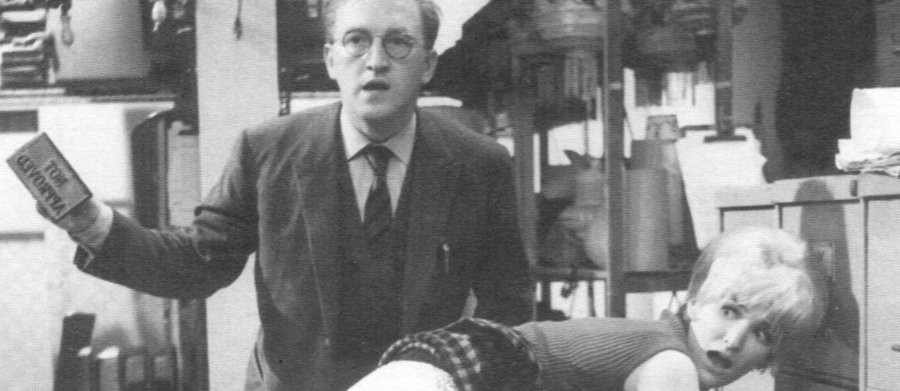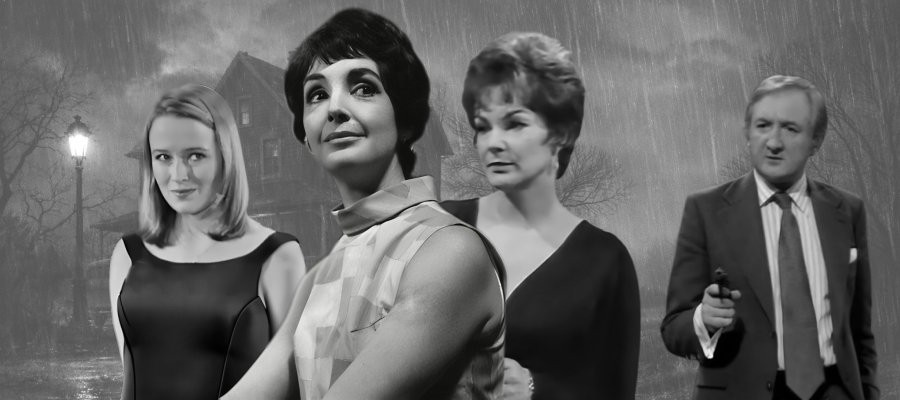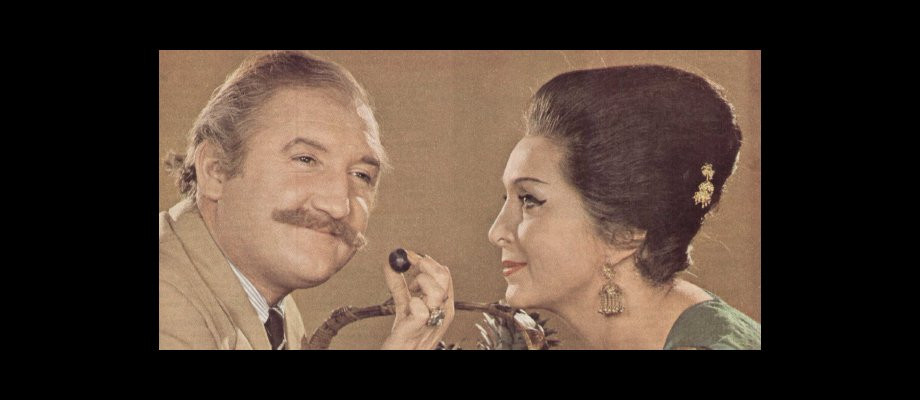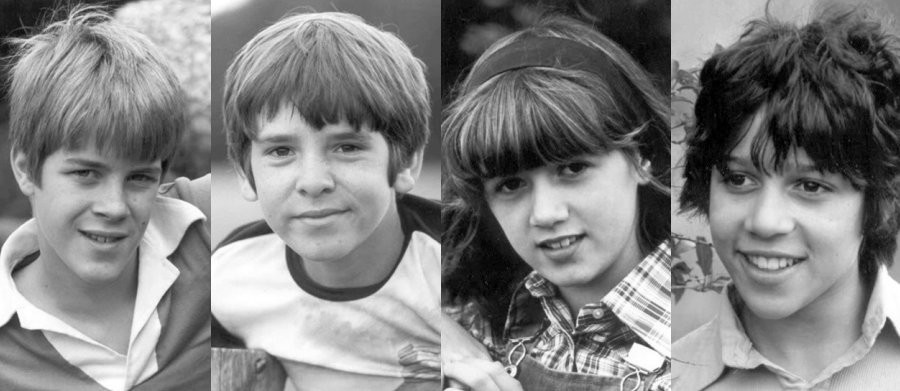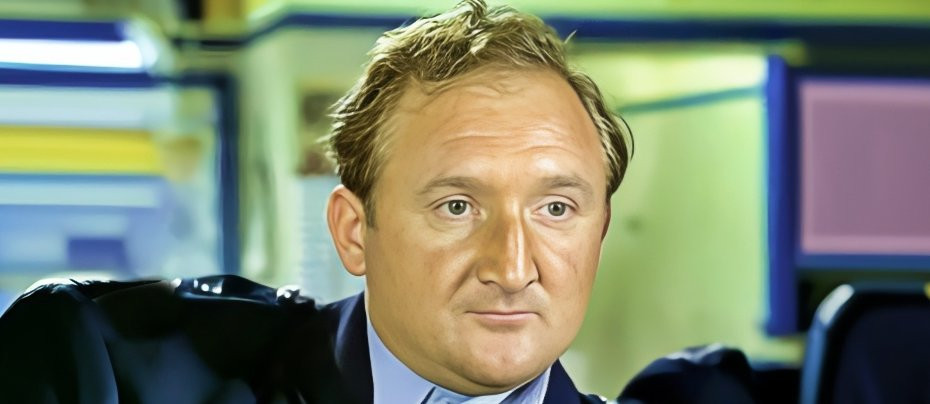
Ronald Fraser
By Brian Slade
There are a number of familiar faces from the years of British television that people will recognise without necessarily being able to pin a name or character to. For those actors, having particularly memorable features is key to them carving out a career as the archetypal character actor. One such person, with a face he himself described as ‘crumbling’ and ‘resembling a porcupine, was Ronald Fraser.
Born in Lancashire in 1930, Ronald Gordon Fraser didn’t come from a performance background - his father was a Scotsman who plied his trade as a builder and decorator. It wasn’t until he appeared in French Without Tears while completing National Service with the Seaforth Highlanders that Ronald discovered his talent for entertaining.
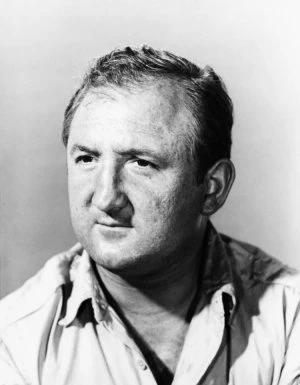
After his departure from the Armed Forces, Ronald joined RADA, his stay lasting only 18 months. His time there would not propel him to stardom, but it would introduce him to agent Peter Crouch and result in him joining Sir Donald Wolfit’s company as a dresser, a baptism of fire with the last of the breed of actor-managers of the stage. With understudying Noel Coward and performing at the Old Vic, it seemed like Fraser was destined for great things, but the subsequent decades did not continue at that level.
When Fraser began to move in different circles in the 1960s courtesy of film and television work, he began an affair with alcohol. He became pals with some of the top actors of the day in Sean Connery, Peter O’Toole and the like, and a hopeless romantic he juggled his delight of the ladies with hie enjoyment of the drink.
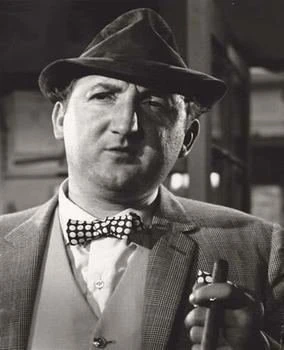
Fraser appeared in a healthy number of movies including The Killing of Sister George and The Bed Sitting Room, and in 1970 he had arguably his greatest small-screen success courtesy of the short-lived and sadly lost sitcom The Misfit, penned by Last of the Summer Wine creator Roy Clarke. His character, Basil Allenby-Johnson (known simply as Badger) returned from Malaya to England as the country emerges from the 1960s and the far more permissive society the decade brought forth is baffling to Badger. Far from being a posh variant of Alf Garnett, Badger was simply bemused at the change in his nation rather than being in any way discriminatory. Running for only 13 episodes, it was Fraser’s most momentous role, but more sustained success was hard to come by.
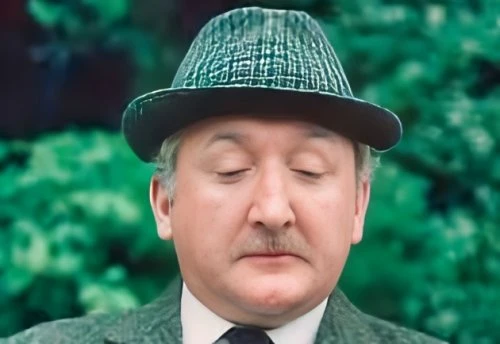
Throughout the 1970s, Fraser’s roles mirrored the questionable quality of cinema at that time, but the work was steady if unspectacular. But as the 1980s beckoned so he found himself back in demand. On the small screen, that meant returning to sitcoms via Ray Galton and Johnny Speight. Ronald played Inspector Spooner in the opening series of police spook Spooner’s Patch.
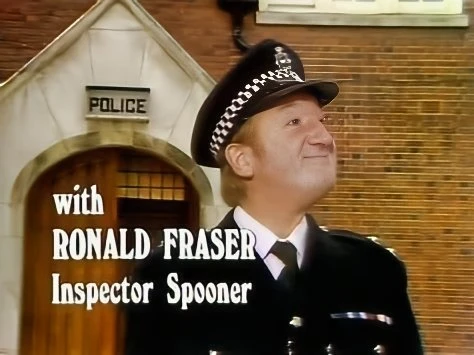
The 1980s included appearances in Brideshead Revisited and Fortunes of War, before regular sitcom work resurfaced in the gentle comedy Life Without George, from the pen of comedy legend David Croft’s daughter Penny. Across three series, Fraser played Mr Chambers, a scruffy partially deaf and a tad lecherous piano player who plays at lead character Jenny Russell’s fitness studio. A character that could have come across as rather unpleasant was gently captivating thanks to Fraser’s efforts.
In the mid-1990s, Fraser was experiencing something of a career renaissance. He had appeared in Class Act and Heavy Weather, and one of his final roles was as a drunken judge in The Fortunes and Misfortunes of Moll Flanders. He was even achieving a somewhat cult following in the unlikely guise of The Lord of Love on the Chris Evans vehicle TFI Friday, dispatching romantic poetry while dressed in his smoking jacket.
Ronald Fraser was considered quite a jovial character. His career didn’t bring the stardom that he initially hoped for, but his features kept him in steady work for most of his career. His acceptance that being a character actor was not in fact a bad move may have actually been partly responsible for some of the more questionable role choices, but his moving portrayal of a nursing home resident in Obituaries in 1990 opposite Ian Carmichael suggests that maybe a quality actor was somewhat undervalued within the industry. After his death in 1997, the fact that the likes of O’Toole and Connery were among the pallbearers would suggest that was true.
Published on June 17th, 2024. Written by Brian Slade for Television Heaven.


